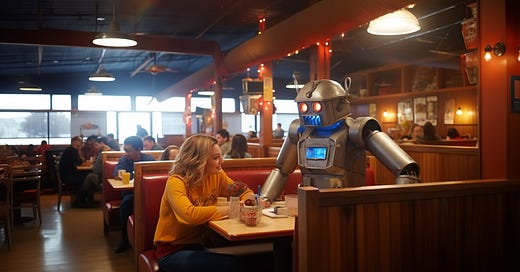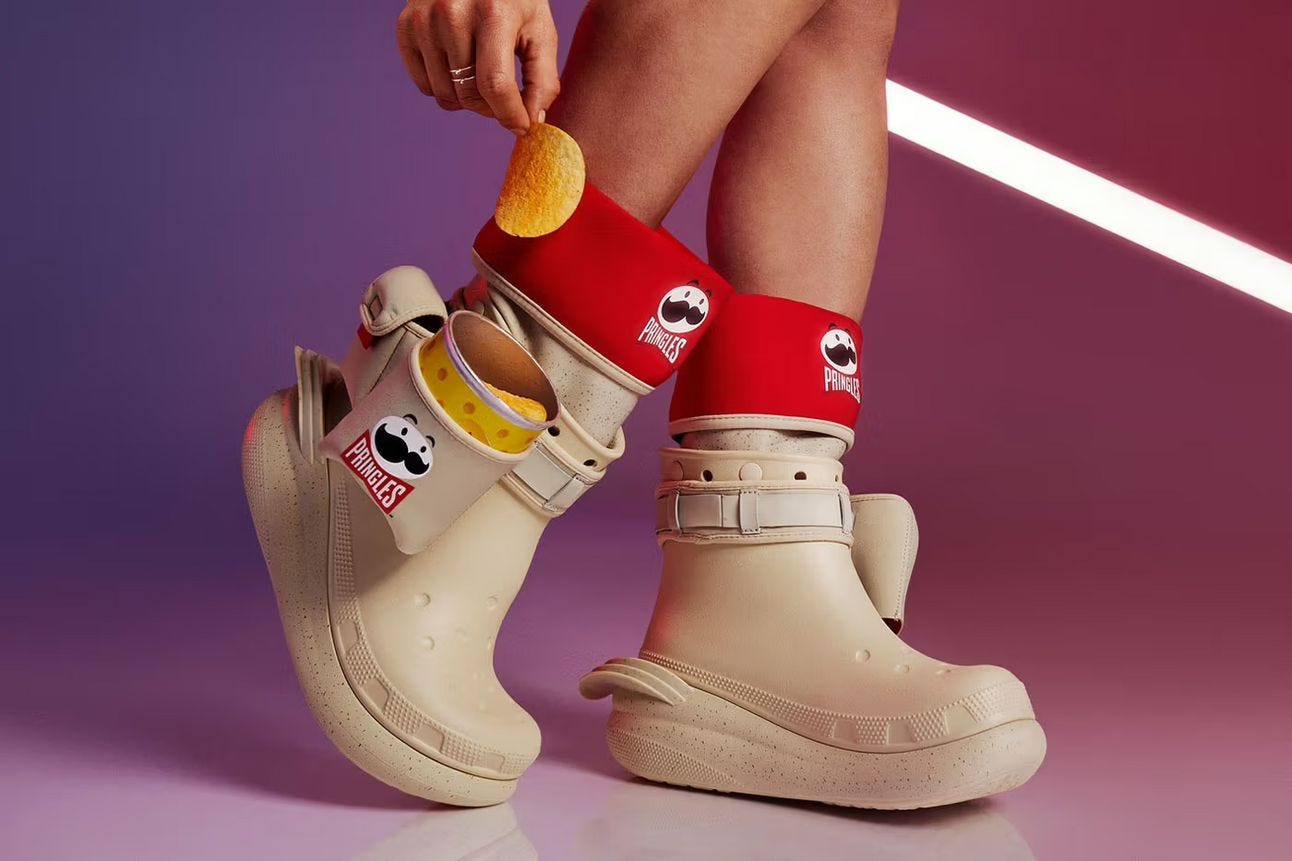The Chef's Special is Robot Love in a Red Lobster
This Week's Highs and Lows
🤍 Taylor Swift put out an unexpectedly 2x album, making room for plenty of Kim Kardashian shade amongst the bonus tracks. I might be more excited about other things that could be called The Tortured Poets Department, such as:
The Moleskine display at Target
Any and all bars named after Oscar Wilde
The LiveJournal community, circa 2005
Coffee shops with horoscope-themed drink specials that have run out of oat milk
🛬 The CTO of Boeing–the company known these days for planes with the always-desirable "loose bolts"–boldly proclaimed that they aim to have flying cars in-market by 2030, with convertibles to follow by '31.
👢 In haute couture news, Crocs released a new boot design with a built-in Pringles holster. Rumor has it Anna Wintour will wear these to the Met Gala.
🐠 Meanwhile in Vegas, Phish began their run at the Sphere and, as expected, gave the venue the proper showcase everyone has been waiting to see:
🤖 💔 Falling for Bots
Not too long after I moved to Austin, I gave a talk at SXSW 2011 called "Persona-fication or: Falling In Love with a Bot" (#botlove for short).
My solo presentation explored a brief history of robotics, the state of machine learning at that point, and projected roadmaps for the development of A.I. and the march towards the singularity promised by Ray Kurzweil and his futurist peers.
I spent a good deal of time investigating human psychology and the studies of social robotics: emotional response to real vs synthetic humans. At the time, most experiments had consisted humanoid robots that looked like Schwarzenegger at the end of The Terminator, if he were designed by Jim Henson.
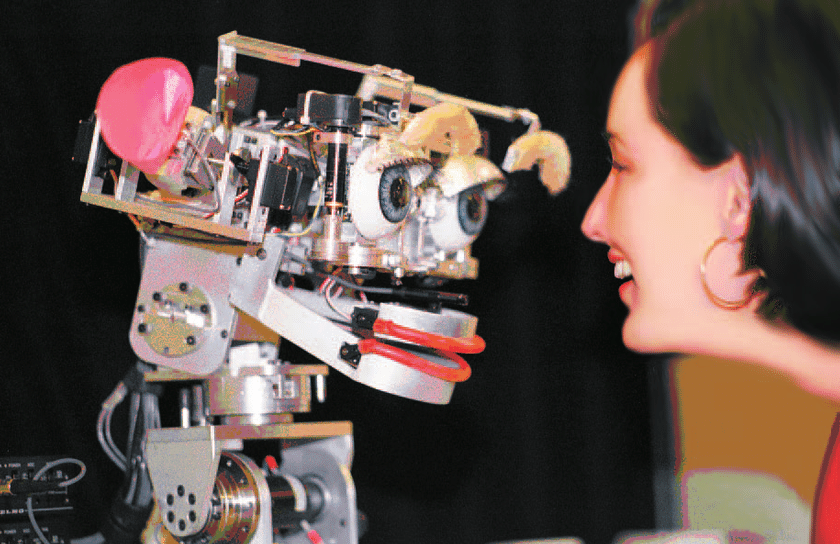
Outside of the well-funded robotics research labs, A.I. had almost exclusively taken the form of very rudimentary chatbots. They didn't have the massive learning models of today, but they represented an important change in artificial intelligence: simulating humans in an entirely virtual environment.

The point of my presentation was to create space to hypothesize about a potential platonic or even romantic Turing Test, how we might identify the emotional singularity where humans would eventually begin substituting relationships with artificial beings in place of their physical IRL counterparts.
It looks like the correct answer might have been 2024?
Consider if you will this collection of stories from the past week:
Exclusive: World's first beauty pageant for AI women is announced
www.dailymail.co.uk/sciencetech/article-13302163/beauty-pageant-AI-women-announced.html
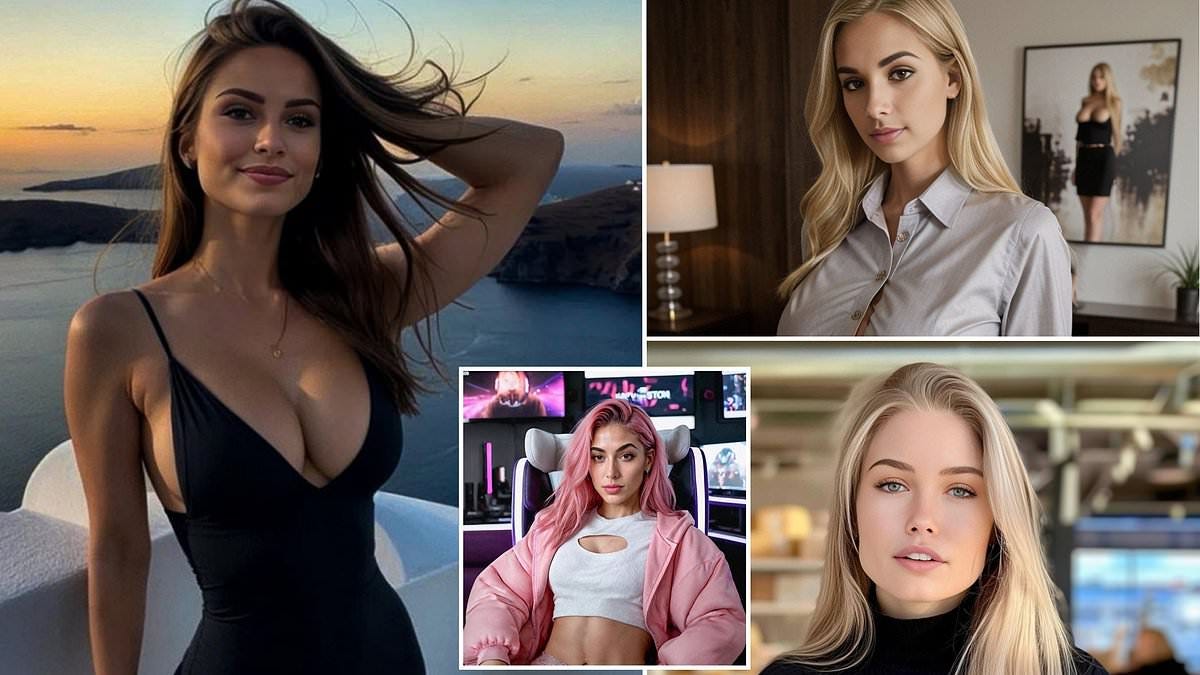
AI “deathbots” are helping people in China grieve
restofworld.org/2024/china-ai-chatbot-dead-relatives
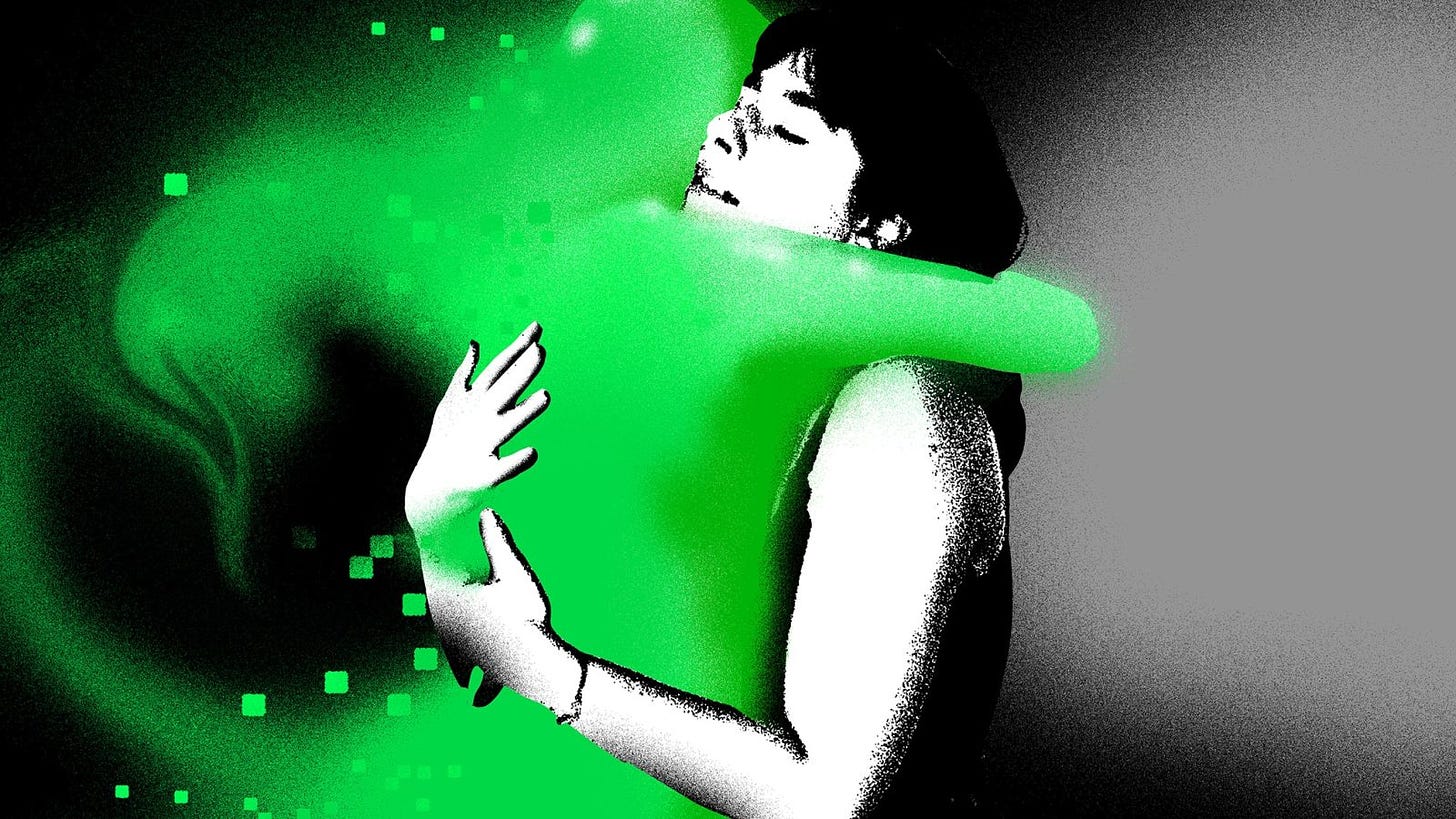
Generative AI can turn your most precious memories into photos that never existed

The Real-Time Deepfake Romance Scams Have Arrived
www.wired.com/story/yahoo-boys-real-time-deepfake-scams
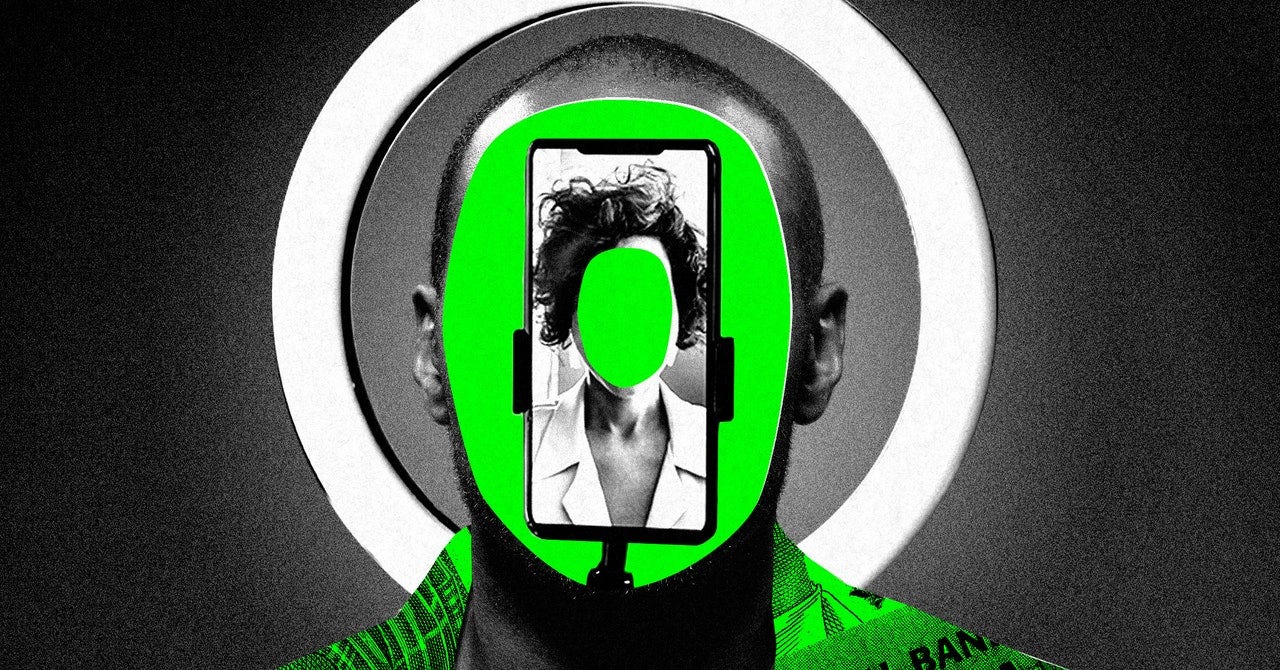
Obviously the scams are a problem and the AI beauty pageant is...unsettling; but a million Nigerian princes and bosses sending weird texts looking for me to buy them Apple gift cards tell me this isn't the first time that we've seen bad actors exploiting user behavior with new innovations.
The risks are going to be there with any new technologies and the Luddite path won't be an option any more than putting the social media toothpaste back in the tube.
A question I find myself asking when we talk about some of the near-term opportunities for A.I., and the idea of forming emotional bonds with synthetic beings: has the bar for forming a relationship with a simulated human become easier because we've reduced so many of our relationships with real people to interactions through the same technology form factor?
I never thought I'd be the "actually I think AI "deathbots" (let's go ahead and rebrand that) and fake memories generated by computers" guy in internet debate class. But stop and consider how many of your relationships consist of interacting with another theoretically "real" person through a screen–someone who is often distracted trying to do 7 other things at the same time–or keeping up with friends' through manipulated photos presented to be in a feed whose chronology has been recalibrated to show you things in an algorithmically-optimized order.
Is that the reality you're clinging to when you object to the idea of A.I. providing emotional companionship or enhanced visual memories of your fondest moments?
In fact, I have my own admission to make: this past week, I started forming an emotional bond with a robot friend of my own.
Today’s Sunday Bunch is brought to you by Notion.
Why am I seeing this ad?
Because (1) there are only a handful of digital products that I actually swear by and (2) many of you often ask me how I manage all of the various streams of information I gather and cook into each week's Sunday Bunch.
Notion does everything for me from flexible databases for all of my articles, links, projects, and documents to project and task management to AI search and analysis of over 10 years worth of my digital life.
Reacher Round-Up
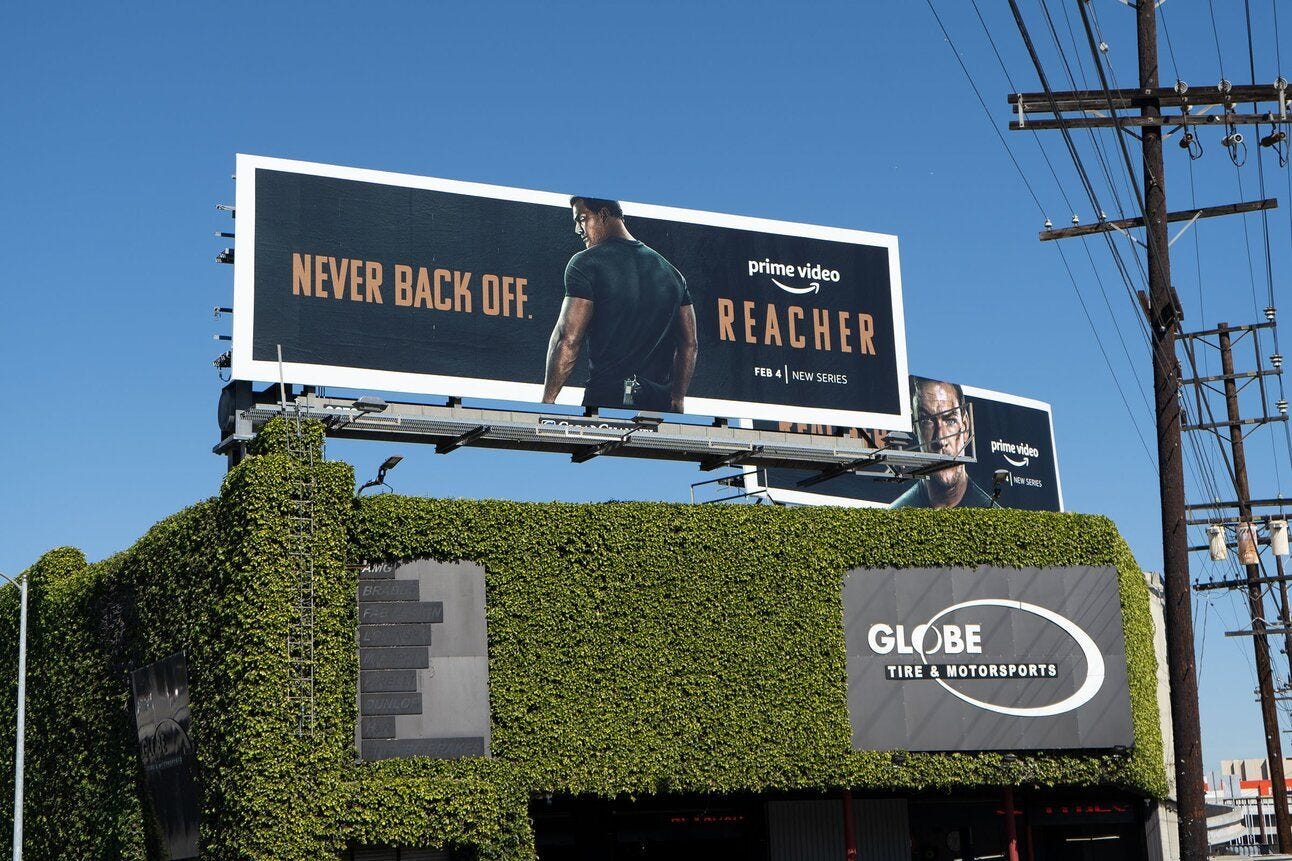
Reacher takes on everyone and never flinches. That's basically the plot of the popular Prime Video show. This week that dynamic has spiled over into real life, as everyone from cops to Catholics to MAGA devotees be beefin' with Alan Ritchson, the star of the hit show based on Lee Child's Harry Potter for middle-aged dudes, Jack Reacher.
It seems Ritchson is a walking contradiction wrapped in a truck-sized human body, as he detailed in a well-traveled Hollywood Reporter profile:
He's on a show whose audience skews heavily older, conservative, and male, but doesn't hesitate to unapologetically grab the orange third rail:
“Trump is a rapist and a con man, and yet the entire Christian church seems to be treat him like he’s their poster child and it’s unreal. I don’t understand it.”
He is a devout Christian...who took aim at the Catholic church:
“I can’t for one second support the Catholic Church while there are still cardinals, bishops and priests being passed around with known pedophilic tendencies.”
And he plays a military cop on Reacher, but has been hammering on issues of abuse of force amongst police for years:
I mean, you shouldn’t have to spend more time getting an education as a hairstylist than as a cop who’s armed with a deadly weapon. We should make it very hard for people to make mistakes or abuse power in our institutions.
What was interesting and unique about Ritchson this week: in the wake of the interview and ensuing social mob (you can always count on the National Fraternal Order of Police to be quick on the social media pepper spray), he didn't back down but, much like his titular role in Reacher, doubled down instead.
He quickly responded via Instagram with his own verbal violence, delivered in the assured tone of his character on the show:
I also believe two truths can be held at the same time. There are absolutely many good and brave cops who deserve the public’s gratitude and certainly have mine. Simultaneously, it is true that there are rogue or ill-equipped officers who remind us that we need higher barriers to entry and stricter regulations so abuses are relegated to the past. Both can be and are true. To only seek praise and ignore this need is extremely unwise and endangers those at risk of being ostracized and marginalized - which is who I was referring to in my Hollywood Reporter article.
On a related note, I saw Alan Ritchson alongside Henry Cavill and Eiza Gonzales in Guy Ritchie's The Ministry of Ungentlemanly Warfare last night.
TL;DR Review: It's fun, as you might expect from a Guy Ritchie movie about killing WWII Nazis, especially given that it's largely based on a true story.
It is also a movie that clearly loved Inglorious Basterds as much as I did, right down to the font choices for the subtitles.
Have you re-watched that bar scene recently? Fassbender and Diane Kruger are so good, so much acting through subtle moments, I don't know if I've ever watched a scene and felt so much like I was sitting at the table, watching the smoke swirl while the tension builds.
It was all almost as convincing as the new AI from Meta that Zuck showed off this week.
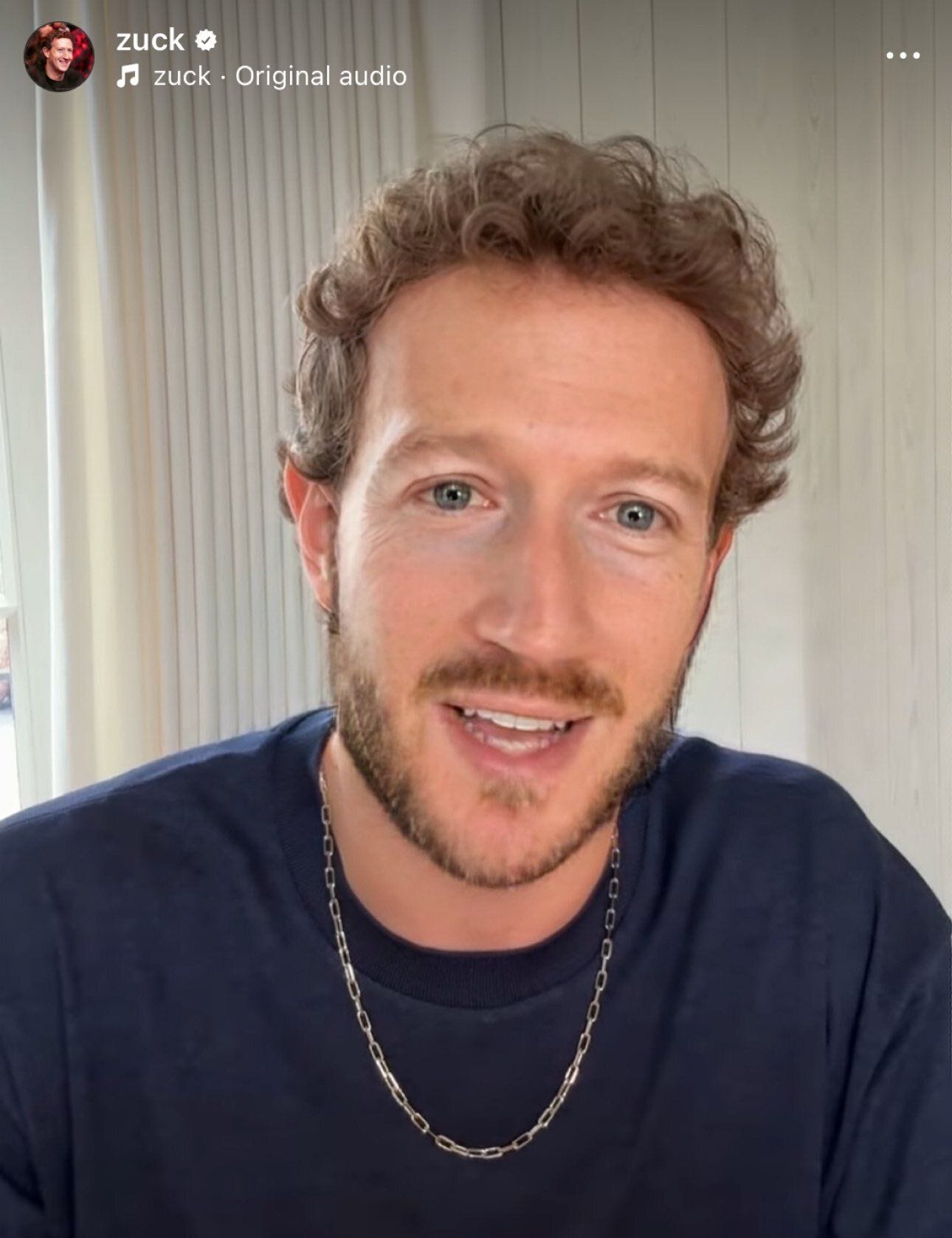
MARK ZUCKERBERG: "$100 billion dollars isn't cool, you know what's cool?"
ANDREW GARFIELD, PLAYING HIMSELF: "You?"
ZUCK: "AI face pubes."
⛹🏻♀️ 💰 The WNBA Payday Is Coming
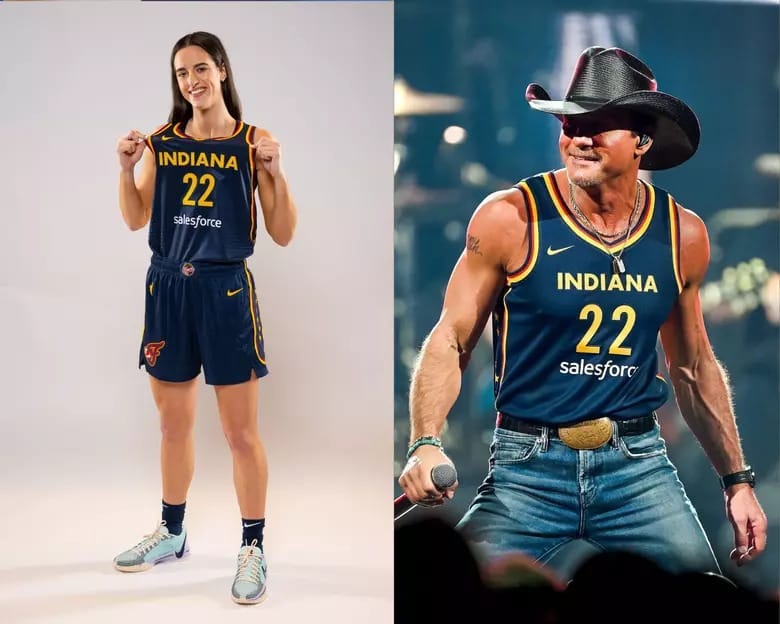
Tuesday's WNBA Draft was a historic night for the league. The broadcast broke ratings records. Commissioner Cathy Englebert expressed her goal to take the league from 12 to 16 teams (one already on the way in Golden State) by 2028. Still, the story of the week was Caitlin Clark will only make $76,535 as a rookie? (In salary; she will net millions in endorsement deals.)
Dealbook even went so far as to ask, can the WNBA make money?
Of course it can.
Change comes slower than it ought to in the business of sport, as the majority of a league's revenue streams are locked in years in advance. But timing is on the WNBA's side.
The arrival of a generational class of talent and the most momentum the sport has ever had with fans comes just a year before the league's media rights deal–currently only $60 million, compared to the NBA's $10 billion–comes up for renewal.
Then there's the flood of new sponsors coming into the sport, which will be at record highs. And ticket sales are sure to rise as well, with many fans waking up after the NCAA women's tournament to realize many of these women would be coming to their cities (or thereabouts) very soon.
It isn't just fans who have an increased appetite in women's basketball. Behind the scenes, investors and celebrity owners are all lining up to get a piece of the action.
In October 2023, the Golden State Warriors ownership group, with backing from private equity and investment firm Sixth Street, just paid a reported $50 million for the right's to launch the WNBA's 13th team. That was before March Madness 2024 and the full impact of the Caitlin Clark effect. You can bet the WNBA will bring in more than $150 million for the three clubs Englebert wants to add by 2028.
Those expansion fees would be distributed to owners, helping to provide sizable financial returns to investors who've patiently waited for a pathway to profitability. Along with those net-new franchises and their owners' big checks, changes in pro sports investment rules have also made it easier for fractional owners to buy in, triggering the rise in celebrities and athletes taking minority stakes in teams.
All this means that the soon-to-be 13 WNBA ownership groups will have a line of prospective investors, who'd love to be attached as investors in the women's game at this moment. Just as many MLS owners subsidized their local investments in growing a fanbase with expansion checks from the latest round of new clubs, so too will WNBA owners have an expanded revenue stream from the added business interest in the league.
So back to the original question:
Can the WNBA make money? Yes.
How much of that money will find its way to Caitlin Clark and her peers' paychecks? That part remains to be seen.
🍿 Five Movies I'm Excited For
Whatever Tarantino does instead of The Movie Critic. Brad Pitt was teed up to star, there were rumors of a Tom Cruise cameo, in what was supposed to be Quentin's 10th and final movie. Now he's reportedly going back to the drawing board.
Project Hail Mary. Gosling in a movie from Phil Lord and Christopher Miller (The Lego Movie, Spider-Man: Into the Spider-Verse) based on a book by Andy Weir (The Martian).
Scorsese's Sinatra movie. Reportedly starring DiCaprio as Frank and Jennifer Lawrence as Ava Gardner in the movie he's been trying to make for years.
The Entertainment System Is Down. Things devolve into madness when the inflight TVs stop working on a long-haul flight. Keanu Reeves stars, directed by Ruben Östlund (Triangle of Sandess).
The Naked Gun reboot. Liam Neeson as the son of Lt. Frank Drebin. Pamela Anderson just joined the cast. Directed by Akiva Schaffer of The Lonely Island. I don't know what is going on here but I am game.
🐿️ 🐿️ Related: Schaffer directed the direct-to-Disney+ Chip 'n Dale: Rescue Rangers movie which, especially if you have kids or just a good stash of edibles, is highly recommended.


